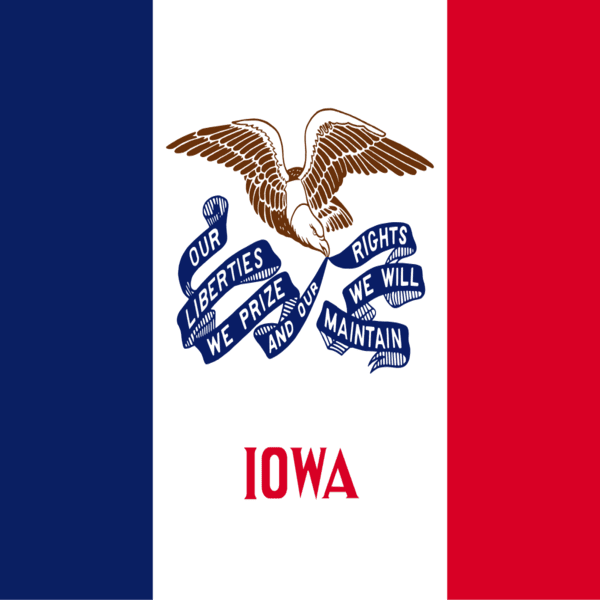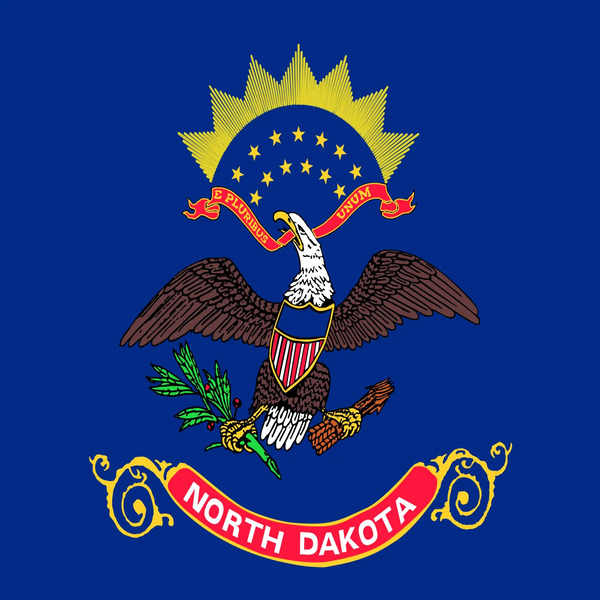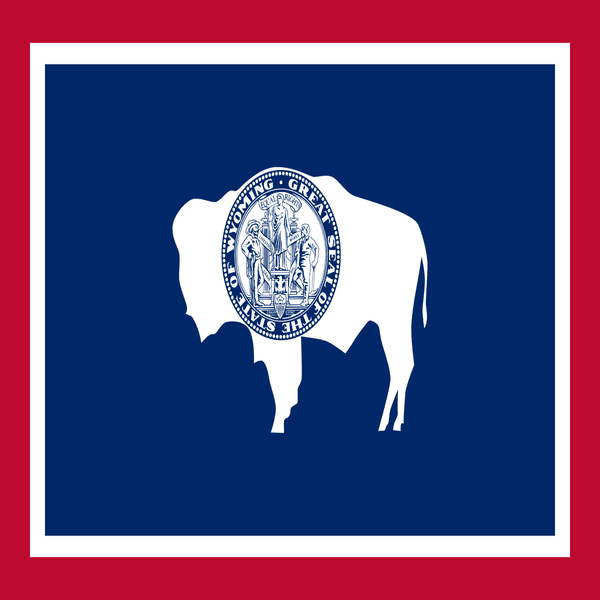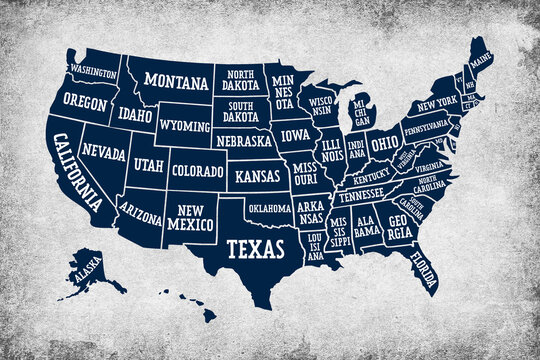State by State
Your Guide to Sports Betting Regulations in the USA
Sports Betting Legality in the USA
The landscape of sports betting in the United States has undergone significant changes in recent years, particularly following the repeal of the Professional and Amateur Sports Protection Act (PASPA) in 2018. This monumental decision allowed individual states to legalize and regulate sports betting as they see fit. Below is an overview of the current legal status of sports betting across various states, along with important information to consider for anyone interested in this exciting field.

Alabama
IlegalThere have been discussions among lawmakers about the potential for legalization, but no significant progress has been made.

Alaska
IlegalWhile there is no state-wide law against sports betting, there are no licensed sportsbooks, making it effectively illegal.

Arizona
LegalArizona legalized sports betting in 2021, offering both retail and online options.

Arkansas
LegalArkansas legalized sports betting in 2018, allowing for both retail and online wagering.

California
IlegalEfforts to legalize sports betting have been ongoing, with proposals potentially appearing on the ballot in future elections.

Colorado
LegalLegalized in 2020, Colorado offers a wide range of betting options, including mobile betting, and has quickly become a popular destination for sports bettors.

Connecticut
LegalConnecticut legalized sports betting in 2021, allowing both retail and online wagering.

Delaware
LegalDelaware was one of the first states to legalize sports betting after the repeal of PASPA in 2018. The state offers both retail and online sports betting options.

Florida
Under ReviewFlorida has a complex legal landscape regarding sports betting. In 2021, a compact was signed between the state and the Seminole Tribe, allowing for sports betting at tribal casinos and online.

Georgia
IlegalThe state has a strong sports culture, and many residents are eager for legal options, but efforts to introduce sports betting have not gained sufficient traction in the legislature.

Hawaii
IlegalSimilar to Utah, Hawaii has outlawed all forms of gambling, including sports betting.

Idaho
IlegalThe state has not established any legal sportsbooks, and there are no active legislative efforts aimed at legalizing sports betting in the near future.

Illinois
LegalSports betting is legal, with both retail and online options available. The state continues to expand its market and attract bettors.

Indiana
LegalIndiana legalized sports betting in 2019, allowing both retail and online wagering. The state has a variety of sportsbooks available, and it has seen significant participation from bettors.

Iowa
LegalSports betting became legal in 2019, with various online and retail options available to bettors.

Kansas
LegalKansas legalized sports betting in 2022, with in-person betting available at casinos and online options launched shortly after. The state has quickly developed a competitive market for sports wagering.

Kentucky
LegalKentucky's sports betting market launched in September 2023, with both in-person and online betting options available. The state allows its racetracks to offer sports betting, making it a significant player in the region.

Louisiana
LegalLouisiana legalized sports betting in 2021, with both retail and online options available. The state has a diverse market, with various sportsbooks operating across different parishes.

Maine
LegalMaine has passed legislation to legalize sports betting, but as of now, it has not yet launched any betting platforms. The state is expected to roll out its sports betting framework in the near future.

Maryland
LegalMaryland legalized sports betting in 2021, and both retail and online betting options are available. The state has seen a strong response from bettors, with several sportsbooks operating.

Massachusetts
LegalMassachusetts legalized sports betting in 2022, with both retail and online options available. The state has been actively working to establish a competitive market, and several sportsbooks have launched.

Michigan
LegalLegalized sports betting in 2019, Michigan allows both online and in-person wagering, and has quickly become one of the largest sports betting markets in the country.

Minnesota
IlegalMinnesota has not legalized sports betting, but there are ongoing discussions and proposals aimed at bringing sports wagering to the state in the future.

Mississippi
LegalMississippi legalized sports betting in 2018, allowing for in-person wagering at casinos. Online betting is also permitted, but only if the bettor is physically present at a licensed casino.

Missouri
Under ReviewMissouri has not yet legalized sports betting, but there are ongoing efforts and discussions among lawmakers to introduce legislation that would allow for wagering in the state.

Montana
LegalMontana legalized sports betting in 2019, allowing for both retail and online betting through a state-run platform. The market is relatively small but has been growing steadily.

Nebraska
LegalNebraska has passed legislation to allow sports betting, but as of now, it has not yet launched any betting platforms. The state is expected to implement its sports betting framework soon.

Nevada
LegalA pioneer in sports betting, Nevada has a long-established market with numerous sportsbooks and is known for its vibrant betting culture.

New Hampshire
LegalNew Hampshire legalized sports betting in 2019, with online betting available through a state-run platform. Retail betting is also permitted at select locations.

New Jersey
LegalOne of the first states to embrace sports betting after PASPA, New Jersey has a robust market with multiple sportsbooks operating both online and in-person.

New Mexico
LegalNew Mexico has legalized sports betting at tribal casinos, but there is no statewide regulatory framework for online betting. The market is limited to in-person wagering at these locations.

New York
LegalWhile retail sports betting is legal, there are ongoing discussions about expanding to online sports betting.

North Carolina
LegalNorth Carolina legalized sports betting in 2019, allowing for in-person wagering at tribal casinos. Online sports betting is also permitted, with plans for further expansion in the future.

North Dakota
LegalNorth Dakota has not legalized sports betting, but there have been discussions about potential legislation to allow for wagering in the future.

Ohio
Under ReviewLegislation is being discussed, with hopes to legalize sports betting within the near future.

Oklahoma
IlegalOklahoma has not yet legalized sports betting, but there are ongoing discussions among lawmakers about the possibility of introducing legislation to allow for wagering.

Oregon
LegalOregon legalized sports betting in 2019, with a state-run online platform available. Retail betting is also permitted at select locations, making it a competitive market.

Pennsylvania
LegalSports betting became legal in 2018, offering both retail and online options. The state has seen significant revenue from sports wagering.

Rhode Island
LegalRhode Island legalized sports betting in 2018, allowing for both retail and online wagering. The state has seen a steady increase in participation from bettors.

South Carolina
Under ReviewSouth Carolina has not legalized sports betting, and there are currently no active discussions or proposals aimed at bringing wagering to the state.

South Dakota
LegalSouth Dakota legalized sports betting in 2021, allowing for in-person wagering at casinos. Online betting is also permitted, but only within the confines of the state’s licensed casinos.

Tennessee
LegalUnique in that it allows only online sports betting, Tennessee launched its market in 2020 and has attracted a significant user base.

Texas
IlegalTexas has not legalized sports betting, and there are ongoing discussions among lawmakers about the potential for future legislation to allow for wagering.

Utah
IlegalKnown for its strict gambling laws, Utah does not allow any form of sports betting or gambling.

Vermont
LegalVermont has not yet legalized sports betting, but there are discussions and proposals aimed at introducing legislation to allow for wagering in the future.

Virginia
LegalVirginia legalized sports betting in 2020, with online betting being the primary option available to residents.

Washington D.C.
LegalWashington D.C. legalized sports betting in 2019, with both retail and online options available. The market has seen participation from various sportsbooks.

West Virginia
LegalWest Virginia legalized sports betting in 2018, allowing for both retail and online wagering. The state has a competitive market with several sportsbooks operating.

Wisconsin
Under ReviewWisconsin has not legalized sports betting, but there are ongoing discussions about potential legislation to allow for wagering in the future.

Wyoming
LegalWyoming legalized sports betting in 2021, allowing for online wagering through various sportsbooks. The state has quickly established a market for sports betting.
Changes in Sports Betting Legislation and Their Impact on Bettors
Sports betting in the United States is rapidly evolving, with numerous states enacting new legislation to either legalize or regulate sports wagering. These changes have significant implications for bettors, enhancing accessibility, introducing new betting options, and shaping the overall betting environment.
Here’s a look at some recent legislative changes and their impacts on bettors across various states:
Expansion of Online Betting
Many states have recently legalized online sports betting, significantly increasing accessibility for bettors. For instance, states like Arizona and Connecticut have launched online platforms that allow residents to place bets from the comfort of their homes. This shift has made it easier for bettors to engage with sports betting, as they no longer need to travel to physical sportsbooks. The convenience of mobile betting has also led to a surge in participation, particularly among younger demographics who prefer digital platforms.
In-Person Betting Regulations
States such as Louisiana and Maryland have expanded their in-person betting options, allowing more casinos and venues to offer sports wagering. This expansion not only increases the number of locations where bettors can place wagers but also enhances the overall experience by providing more opportunities for social interaction and entertainment. Bettors can enjoy the atmosphere of a casino while placing their bets, which can be a significant draw for many.
Legislation Impacting Live Betting
In Minnesota, recent legislative discussions included an amendment that would have banned in-game betting, which is a popular option among bettors. Fortunately, this amendment did not pass, allowing live betting to remain a viable option. The ability to place bets during a game adds an exciting dynamic to sports wagering, and any restrictions on this type of betting could have limited the engagement of many bettors who enjoy the thrill of live wagering.
Taxation and Revenue Sharing
New legislation in states like New York has introduced specific tax rates on sports betting operators, which can impact the odds and promotions available to bettors. Higher taxes on operators may lead to reduced promotional offers or increased vig (the bookmaker's margin), which could affect the profitability of betting for individuals. Bettors should be aware of how these tax structures can influence the overall betting landscape and the value of the odds they encounter.
Responsible Gambling Measures
As states legalize sports betting, there is a growing emphasis on responsible gambling measures. States like Connecticut have implemented regulations requiring sportsbooks to promote responsible gambling practices, including self-exclusion options and educational resources for bettors. These measures aim to protect consumers and ensure that sports betting remains a safe and enjoyable activity. Bettors should take advantage of these resources to make informed decisions about their wagering habits.
Future Legislative Trends
Looking ahead, many states are considering further legislation to expand or refine their sports betting markets. For example, California is exploring potential ballot measures to legalize sports betting, which could significantly alter the betting landscape if passed. Bettors should stay informed about these developments, as changes in legislation can create new opportunities or restrictions in the market.
States Where Horse Racing Betting is Legal
Horse racing betting is a popular form of wagering in the United States, with many states allowing various types of bets on horse races. Horse racing betting is legal in many states across the U.S., with a mix of in-person and online options available. States like California, Kentucky, and New York are known for their rich horse racing traditions and robust betting markets. Bettors should be aware of the specific regulations and options available in their state to make informed wagering decisions.
- California: California has a rich horse racing tradition and offers both in-person and online betting options. Bettors can place wagers at various racetracks and through online platforms.
- Kentucky: Known as the birthplace of the Kentucky Derby, Kentucky has a robust horse racing industry. Both retail and online betting are legal, making it a prime destination for horse racing enthusiasts.
- New York: New York is home to several famous racetracks, including Belmont Park and Saratoga. The state allows both in-person and online horse racing betting, providing ample opportunities for bettors.
- Florida: Florida has legalized horse racing betting, with options available at racetracks and through online platforms. The state has a vibrant horse racing scene, attracting many bettors.
- Texas: While Texas prohibits online horse racing betting, residents can still place bets at local racetracks. This limitation means that bettors must visit physical locations to engage in horse racing wagering.
- Illinois: Illinois allows both in-person and online horse racing betting. The state has a well-established horse racing industry, providing various betting options for residents.
- New Jersey: New Jersey has legalized horse racing betting, including both retail and online options. The state is known for its competitive market and offers fixed odds betting on horse races.
- Pennsylvania: Pennsylvania permits horse racing betting, with options available at racetracks and through online platforms. The state has a growing horse racing industry, attracting bettors from various regions.
- Maryland: Maryland allows horse racing betting at racetracks and through online platforms. The state has a rich history of horse racing and continues to support the industry.
- Virginia: Virginia has legalized horse racing betting, offering both in-person and online options. The state has a developing horse racing scene, providing opportunities for bettors.
- Oregon: Oregon allows horse racing betting, with options available at racetracks and through online platforms. The state has a history of supporting horse racing events.
- Colorado: Colorado has legalized horse racing betting, including both retail and online options. The state offers a competitive market for bettors interested in horse racing.
- Minnesota: Minnesota permits horse racing betting at racetracks and through online platforms. The state has a growing horse racing industry, providing various betting opportunities.
- South Carolina: South Carolina allows horse racing betting, but it is limited to in-person wagering at racetracks. Online betting is not currently permitted.
- Wyoming: Wyoming has legalized horse racing betting, offering both in-person and online options. The state has a developing horse racing scene, providing opportunities for bettors.
